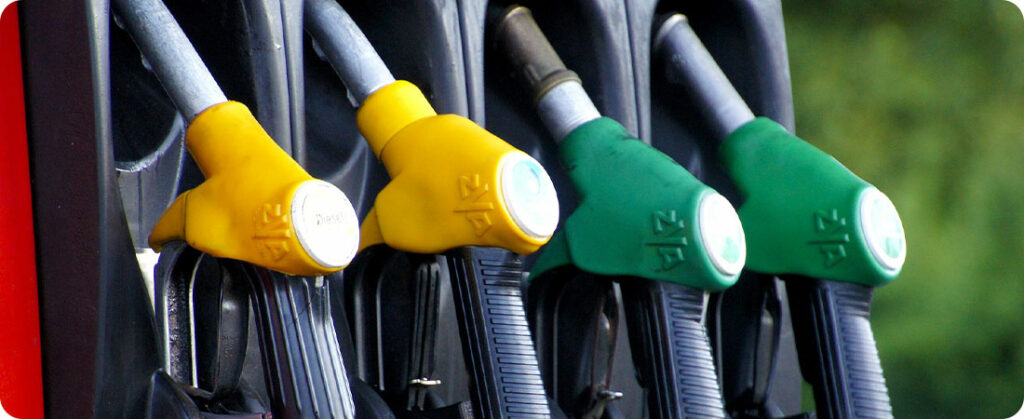
The International Energy Agency (IEA) estimates that the world will need to triple the supply of biofuels by 2030 to reach net zero in the transport sector. In practice, global production would have to grow, on average, by 17% per year over the next seven years.
In this sense, the Global Biofuels Alliance (GBA) will play a fundamental role in disseminating the successful experiences of producers such as Brazil, the United States and India to the rest of the world.
This was one of the conclusions of the Bioenergy and Energy Transition panel in the context of the Global Biofuels Alliance (GBA), promoted by the Sugarcane and Bioenergy Industry Union (Unica) together with the Brazilian Export and Investment Promotion Agency ( ApexBrasil), in Dubai, during COP28.
“Brazil has a great geopolitical opportunity. But not an exploratory opportunity, which takes away resources, which dredges and drains energy from other countries, but rather, based on the best of processes, that of cooperation”, said the president of Unica, Evandro Gussi, mediator of the panel.
Latin America stands out as a sustainable supplier to meet the growing demand for biofuels
The importance of biofuels in the energy transition process was widely recognized by the IEA. Biofuels are an essential pillar for a safe decarbonization process in the transport sector.
“Bioenergy will continue to be a very important source for this emissions reduction scenario, because it is present in all sectors. Ethanol, specifically sugarcane, is an excellent example of the sustainable use of a biofuel,” said Frankl.
Faced with the growing need for supply, Latin America emerges as an important supplier. The region is considered one of those capable of meeting demand in a sustainable and efficient way.
In the assessment of Federico Villarreal, director of Technical Cooperation at the Inter-American Institute for Cooperation on Agriculture (IICA), the region's potential is based on two pillars. Latin America therefore has a capacity for agricultural expansion that can be industrialized for the production of biofuels.
Promising prospects for biofuels in India and global aviation
The second point addresses regional efficiency. Villarreal highlights Latin America's potential to reduce greenhouse gas emissions in transport.
Cooperation yields remarkable results, and India, as the most populous country, is an example. With the target of 20% of ethanol in gasoline, India is advancing in the decarbonization process.
India, the second largest global producer of sugar cane, invests in biomass and diversifies its energy sources, as Vibha Dhawan, director general of the Institute of Energy and Resources of India, highlights. The Indian government reinforces its commitment to biofuels, exemplified by the launch of GBA.
The aviation sector will drive demand for biofuels, especially Sustainable Aviation Fuel (SAF). The International Civil Aviation Organization commits to achieving net-zero by 2050 by regulating global aviation.
Brazil: Potential to be the global breadbasket for SAF
According to José Serrador, vice-president of Embraer, all airlines seek SAF, and the demand for biofuel is 10,000 times greater than the supply.
“Brazil has everything it needs to be the greatest SAF storehouse on the planet. We have all the conditions. What was missing was regulation for the sector, which occurred with the fuel of the future project”, stated Serrador.
However, the Secretary of Petroleum, Natural Gas and Biofuels of the Ministry of Mines and Energy, Pietro Mendes, sent a project to Congress that aims to decarbonize transport in Brazil.
“We have targets for the production of SAF, green diesel and an increase in the ethanol blend in gasoline to 30%, aiming for more efficient engines, in addition to the legal framework for the capture and geological storage of CO2. These are actions, therefore, in favor of the energy transition”, declared Mendes.
About the ApexBrasil project
ApexBrasil and Unica released, in 2008, a strategy to promote sugar-energy products globally. However, focusing on Brazilian ethanol as clean and renewable energy. The entities then signed an agreement with shared investments. The project thus aims to influence the construction of the image of ethanol and sugarcane derivatives among governments, the media, trading companies, investors, importers, NGOs and consumers, certainly highlighting their sustainability.
Source: datagro















